Lessons in Courage
The world is a book and those who do not travel only read one page. — St. Augustine
In his novel, The Master and Margarita, Mikhail Bulgakov writes about cowardice and courage as he explores the character of Pontius Pilate. The Roman governor of Judea, Pilate has the power to approve or deny Jesus Christ’s crucifixion. Pilate really wants to free Jesus. Despite his better judgment, he allows Christ to be put to death because he is afraid to question the status quo. Pilate is a coward. Reflecting on his decision to crucify Christ, Pilate is full of regret and cannot find peace. He dreams of conversations with Christ, resolving that “cowardice is the worst sin of all.” Bulgakov contrasts Pilate’s cowardice with Christ’s courage. When I think about my study abroad experience in Russia, The Master and Margarita always comes to mind. While a student in Moscow years ago, I traced the outlines of Bulgakov’s novel and his life, pondering the meaning of courage and cowardice.
Now what does the profundity of Bulgakov’s novel have to do with a study abroad? Well, it illustrates that life experiences can inspire an individual to study abroad. And, it revealed my own special courage by going to a place that was beyond my wildest dreams as a first-generation college student. I changed as so many others have changed through study abroad.
I was influenced by Bulgakov’s literary work as a part of my motivation to study abroad. And I notice that other students have found inspiration in literature to have the courage to study abroad. A student who studied in Ireland reflected, “For me, “Gulliver’s Travels” by Irish author Jonathan Swift really came to life when I gained a greater understanding of Irish history, and why a strong satirical voice was so necessary at that particular moment in time.”
Literature is only one part of the study abroad experience. History, art, science, and politics also come alive. Most importantly, students learn about themselves and their home country, as well as the country in which they chose to study. They learn not to judge based on cultural stereotypes and to feel empathy for others. Understanding and embracing new insights in another country where people, customs, and history may be bewildering teaches courage as we face the myriad of challenges and opportunities in the complicated world of today. In the end, this is what study abroad is all about.
Students from diverse backgrounds add complexity and depth to the study abroad experience, and many more should have access rather than accepting the status quo. Today, for example, many Historically Black Colleges and Universities (HBCUs) are engaged in education abroad and have been for decades. In their book, The Half Yet to Be Told, Andre P. Stevenson and Keshia N. Abraham review the historical and comtemporary study abroad experience for students at HBCUs. They conclude that research on study abroad at HBCUs too often focuses on barriers that prevent students from participating instead of the value they add when they study abroad. This emphasis on barriers instead of value can also be found in exploring research on the current status of first-generation low-income students and study abroad.
It takes courage to study abroad for all, especially for students from diverse backgrounds, including low-income first-generation students. Let’s move past the current status quo and explore creative ways to expand access and opportunity.

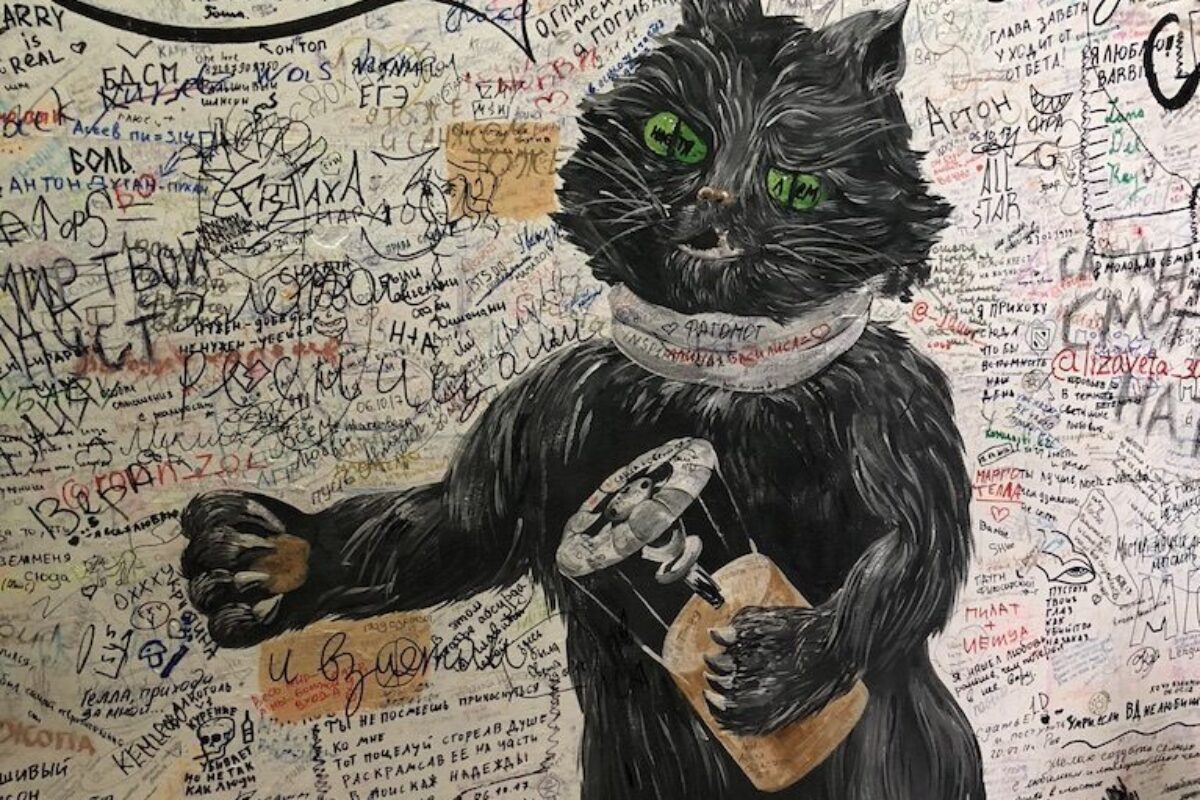
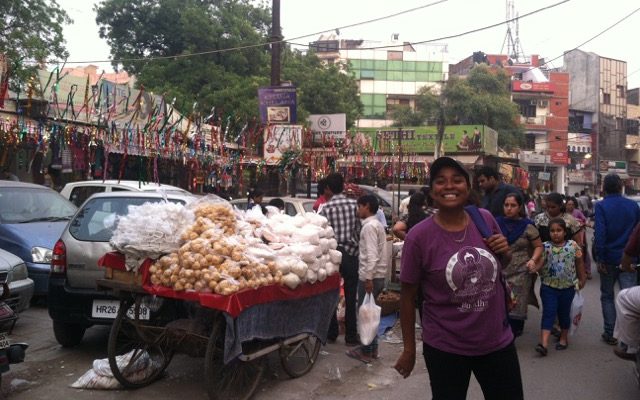
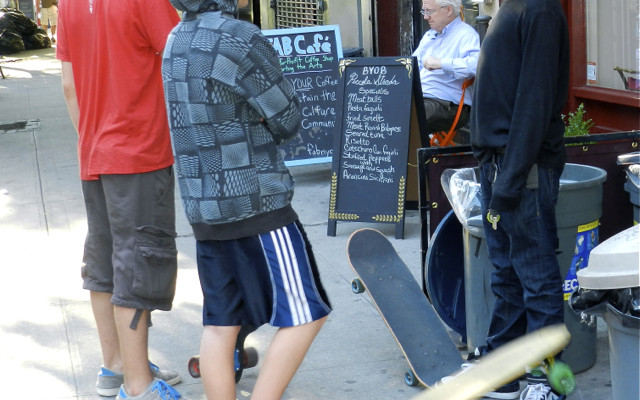
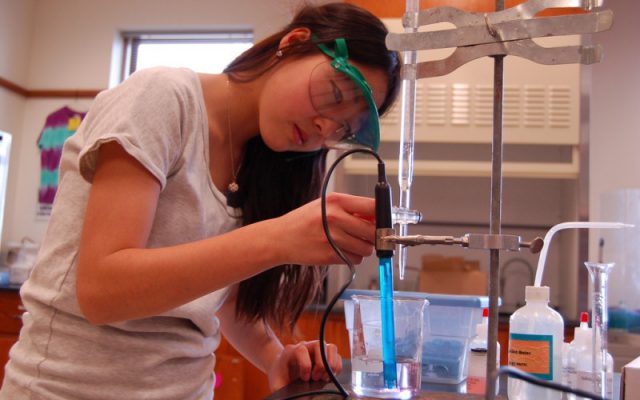
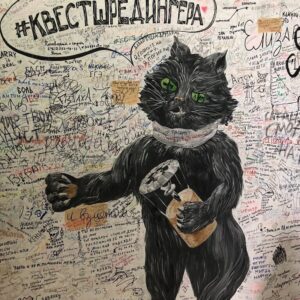
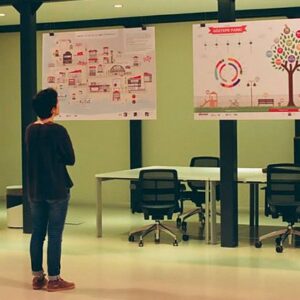
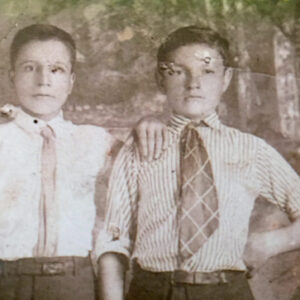



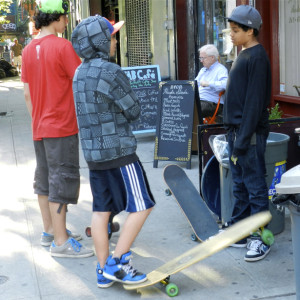
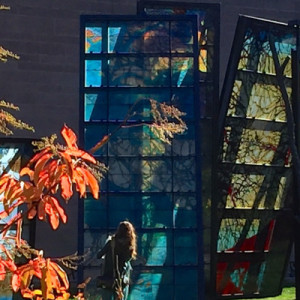
No Comments Yet!
You can be first to comment this post!